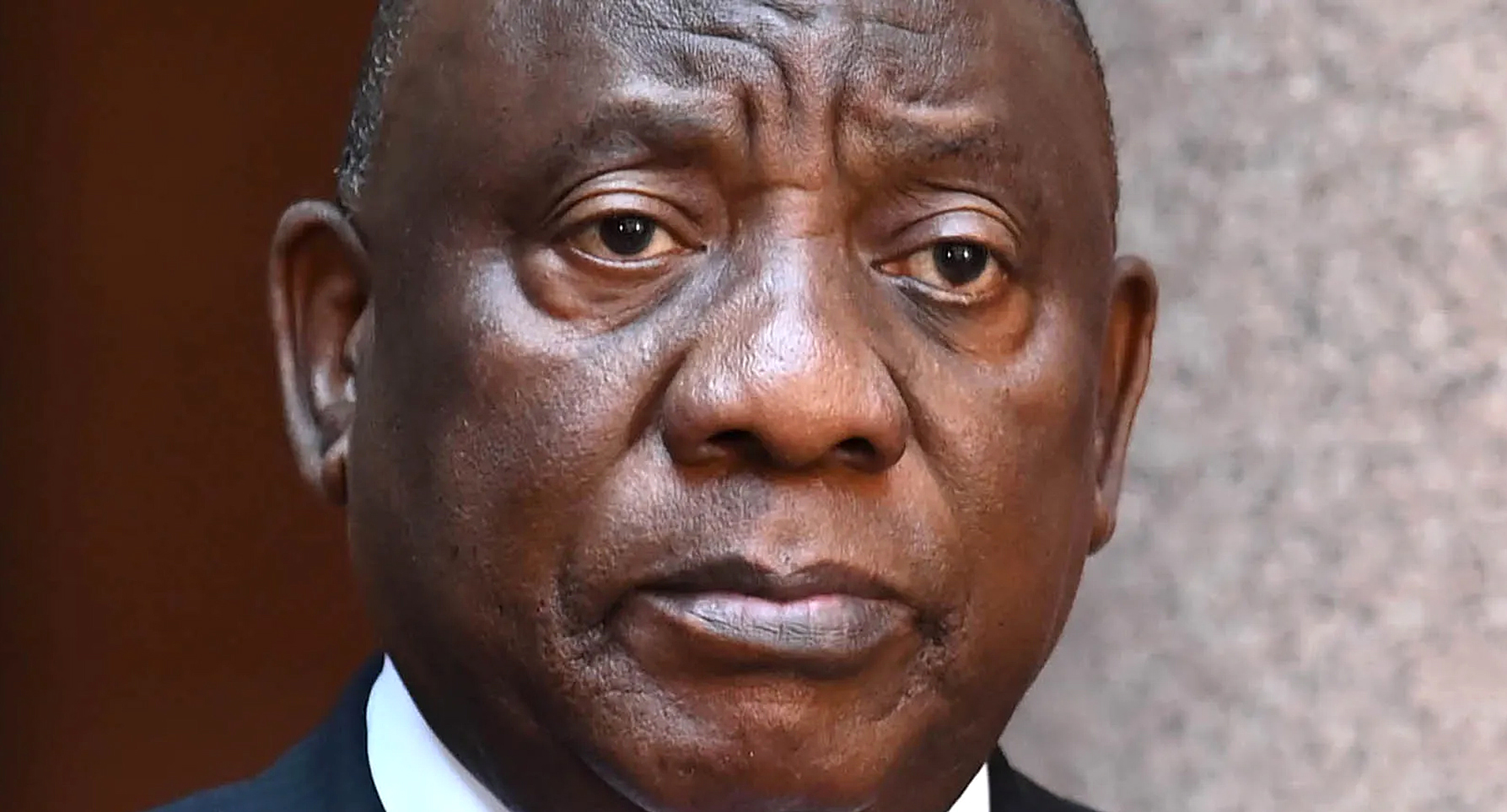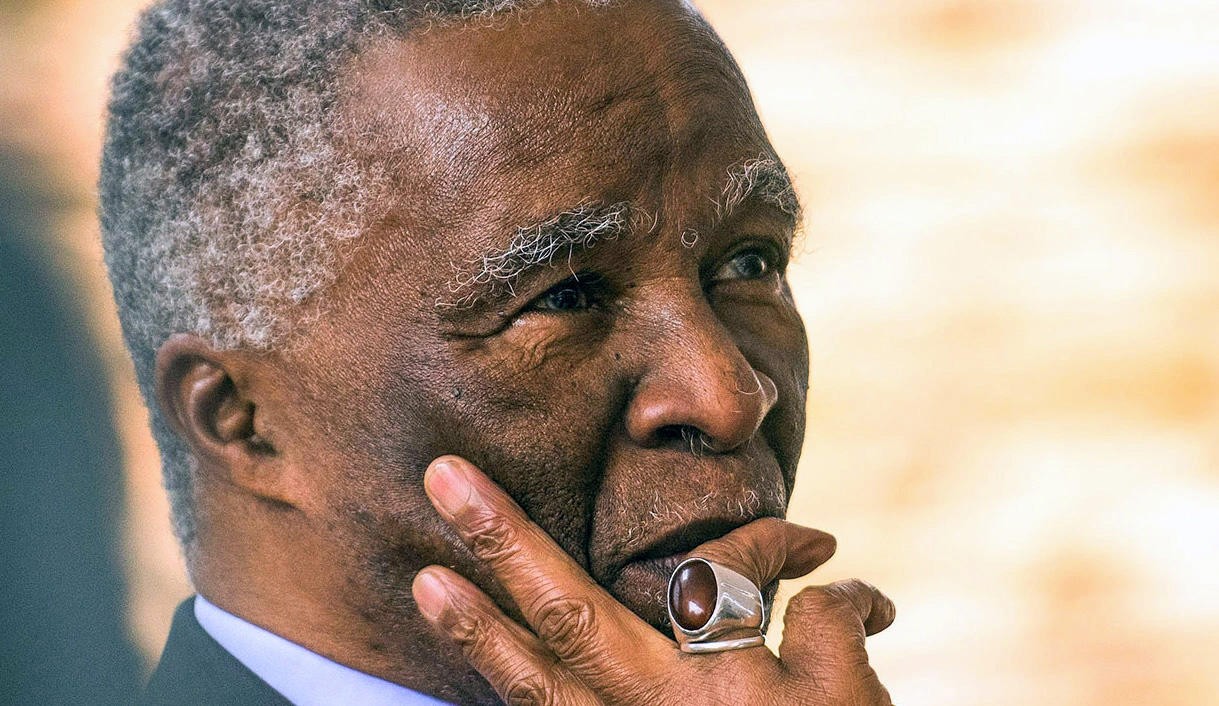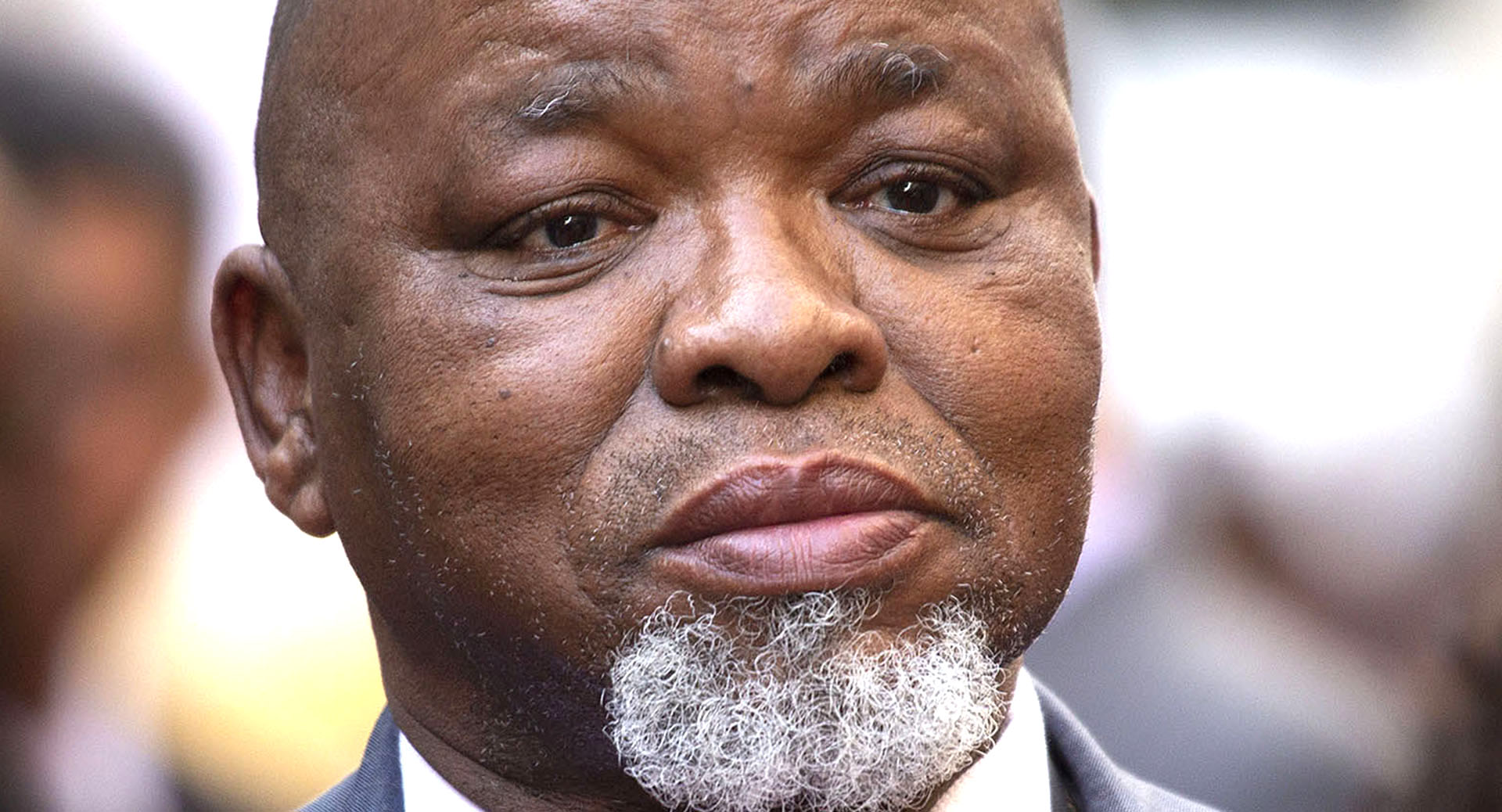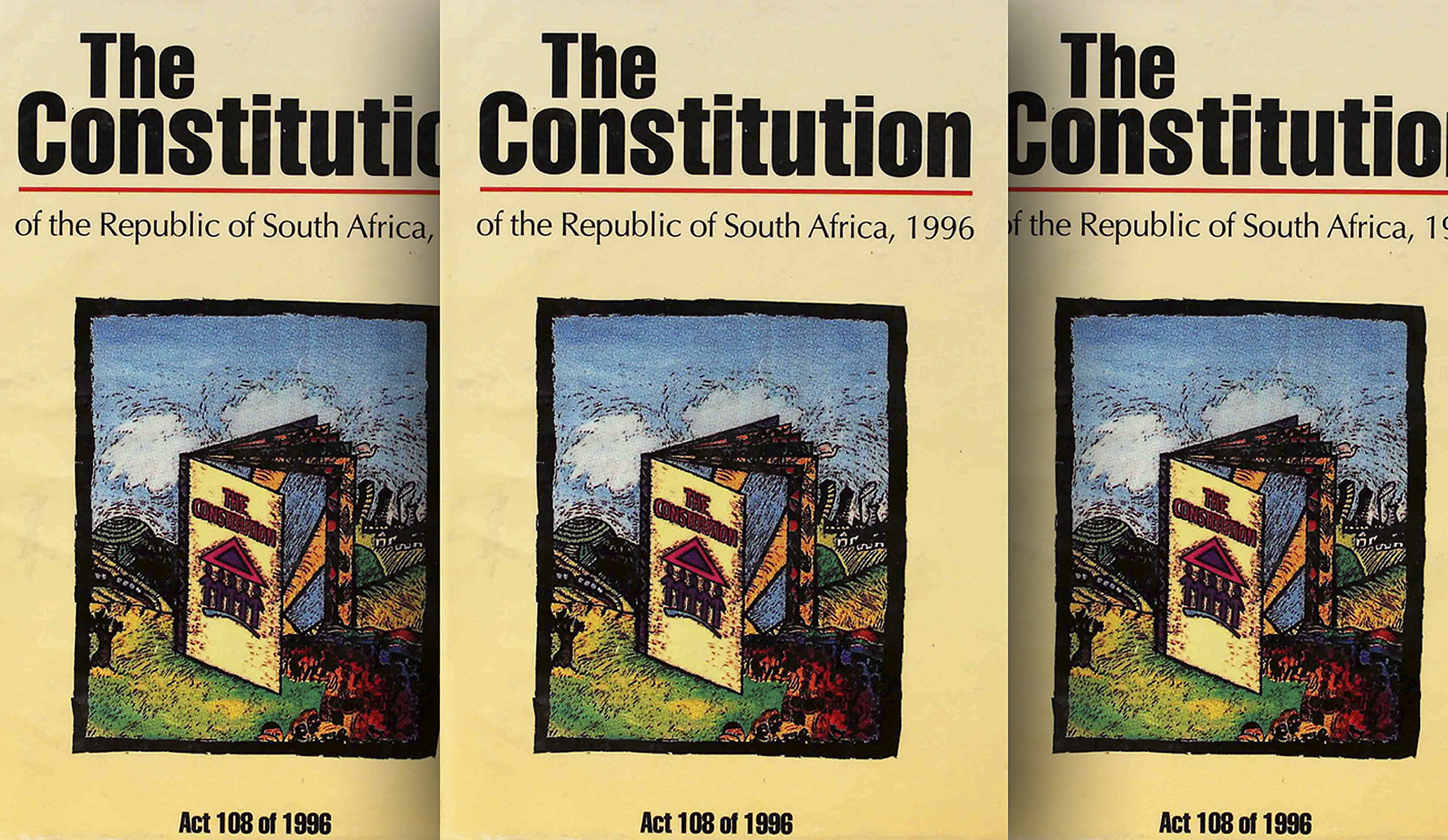The Bill of Rights in the South African Constitution specifically enshrines the rights and responsibilities of civil society. However, some politicians and government officials seem unfamiliar with the precepts of the Constitution, or with the paradigm which sees a vibrant civil society as a critical element of functioning democracies. While it is normal within constitutional democracies to have contesting terrains and a shifting balance between the state and the civil society sector, the South African situation seems extreme – and indeed serves to undermine the legitimate and often selfless work of those in the social justice sector.
Recently there have been several attempts by government representatives and politicians to scapegoat and shift blame from themselves to civil society organisations. The most recent and most unspeakable of these are the unsubstantiated utterances of City of Johannesburg coalition politicians, including council Speaker Colleen Makhubele, blaming NGOs for the tragic fire in central Johannesburg which took at least 77 lives and left hundreds homeless and destitute.
At a multisectoral public meeting convened by the Ahmed Kathrada Foundation on 7 October regarding the crisis in the City of Johannesburg it was widely agreed that a multitude of civil society organisations are currently “holding up” the City in the face of chaotic and corrupt politics, widespread service delivery failures and generally incompetent administration. Indeed, there are innumerable examples of civil society humanitarian and hands-on support in the face of public service failures across South Africa.
Listen to Maverick Citizen editor Mark Heywood talk about the role of civil society
 President Cyril Ramaphosa. (Photo: Gallo Images / Beeld / Deaan Vivier)
President Cyril Ramaphosa. (Photo: Gallo Images / Beeld / Deaan Vivier)
However, in an apparently parallel universe, state actors continue to castigate the sector and to draft legislative amendments which, if promulgated, would mirror the global phenomenon of “shrinking space” for civil society.
It is largely due to the activism of the sector that our constitutional freedoms are still intact. So, given the many socioeconomic and political crises we face, it is surely time to revisit the spirit of mutual respect and cooperation set out in our Constitution and in various pieces of post-1994 legislation.
A history of attacks on civil society
Mineral Resources Minister Gwede Mantashe’s most recent and self-serving salvo against civil society provoked understandable outrage from the sector. However, we should not be surprised by such remarks since this sort of unsubstantiated attack by government leaders is by no means new.
In fact, as early as the 1997 ANC National Conference, outgoing President Nelson Mandela clearly articulated both the ambivalence and the allegations subsequently contained in too many government ministers’ public statements. In a speech widely believed to have been penned by the incoming Thabo Mbeki, Mandela stated:
“ … we must make the point that our experience of the last three years points to the importance of non-governmental organisations (NGOs) and community-based organisations (CBOs) and grassroots-based political organisations in ensuring participation in governance… However, we must draw attention to the fact that many of our NGOs are in fact not NGOs, both because they have no popular base and the actuality is that they rely on domestic and foreign governments, rather than the people, for their sustenance.”
What has seemingly not yet occurred to the ANC is that these attacks are damaging to the very ‘development agenda’ it purports to serve.
Mandela went on to criticise “some NGOs” for corroding the influence of the ANC through playing a watchdog role. He also intimated that some of these NGOs acted as instruments of foreign governments and specifically cited the US Agency for International Development.
This current of negative criticism grew stronger through the Mbeki era.
For example, in an address to the National Assembly in 2005, President Mbeki raised questions about the agendas that NGOs in South Africa pursued, the degree to which NGOs relied on foreign donors, the agendas of these donors and the interaction between these three factors.
During the Zuma era politicians’ criticisms of civil society were increasingly destructive and inflammatory. Calls for compulsory registration of international organisations and fears of money laundering were aired amid accusations that certain organisations were mobilising towards “regime change”.
Ramaphosa’s presidency: attacks continue
During Cyril Ramaphosa’s presidency the hostility of some politicians and officials has continued.
On the one hand we are expected to be partners in development, but on the other we are expected to hold the government to account. This embedded duality becomes more complex to navigate the further our national discourse and body politic drift from core values, shared experiences and common understanding. Within the declining climate of mutual respect and dialogue it is increasingly difficult to convene and work within cooperative formations and programmes.
While Mantashe’s attacks have become more frequent, several other ministers and officials continue to launch wide-ranging attacks on the sector. In addition to the blame game against civil society playing out in Johannesburg, we have had the minister in the Presidency accusing NGOs of preventing the state from doing its job, and the home affairs minister attacking NGOs for their action against the summary ending of the Zimbabwean Exemption Permit.
 Former president Thabo Mbeki. (Photo by Gallo Images / Beeld / Alet Pretorius)
Former president Thabo Mbeki. (Photo by Gallo Images / Beeld / Alet Pretorius)
What has seemingly not yet occurred to the ANC is that these attacks are damaging to the very “development agenda” it purports to serve. Or is it simply that as South Africa sinks ever lower into the socioeconomic morass, which is the result of poor governance and corruption, politicians increasingly strike out at the one sector that determinedly struggles to hold them to account?
It is unsurprising that South Africa has been downgraded from “narrowed” to “obstructed” in the latest available report by the Civicus Monitor, a global research collaboration that rates and tracks fundamental freedoms in 197 countries and territories. “Obstructed” is the third-worst rating a country can have.
Regarding Mantashe’s most recent attack, Civicus general secretary Lysa John comments: “The remarks by Minister Mantashe are both unfortunate and ill-informed. The repeated vilification of civil society in public forums undermines the country’s hard-won commitment to democracy and sets the stage for online and offline attacks on environmental activists, human rights defenders and other groups that speak truth to power.”
What exactly IS the government’s policy regarding civil society?
Given the ongoing denigration of the role of civil society by some politicians and government officials the public is understandably confused when the President praises the work of the sector in successive addresses.
Minister of Social Development Lindiwe Zulu too “applauds the NGO sector which is at the forefront of implementing programmes that uphold human rights and giving voice to the most vulnerable in our society”. This ambivalence is rooted not only in politics but also perhaps in the shambolic attempts to amend the legislative frameworks affecting the sector.
Since at least 2012 there have been several abortive attempts by the Department of Social Development to update the existing Nonprofit Organisations Act (No 71 of 1997). This act was welcomed by civil society at the time since it legislated an enabling environment for the formation and operations of the sector. It also abolished the apartheid-era Fundraising Act which was used by the government to control the resourcing and operations of civil society organisations. It is therefore ironic that there have been ongoing and multiple public pronouncements suggesting that funding to the sector should again be controlled by the government.
The 1997 act speaks of the potential for collaboration, asserting the intention to promote “a spirit of cooperation and shared responsibility within government, donors and amongst other interested persons in their dealings with nonprofit organisations”.
However, despite the act’s much-quoted onus on government entities that “Within the limits prescribed by law, every organ of state must determine and coordinate the implementation of its policies and measures in a manner designed to promote, support and enhance the capacity of nonprofit organisations to perform their functions”, the ostensible leaning of the act towards cooperation is too often not mirrored in public statements.
In 2021, yet another Nonprofit Organisation Amendment Bill was published.
Germane to the most recent criticisms articulated by Mantashe is that the bill contained confused wording about potential controls on foreign funding and the operations of international organisations in South Africa. Since the first draft of this latest bill there have been several iterations. Civil society organisations have made 35 submissions on these.
Whereas in the early days of the new democracy government and civil society were committed to similar goals, this has shifted in practice, if not in policy, during the decades since 1994.
Then, in March 2023, the minister of social development summarily withdrew the bill. A new process to develop an overarching nonprofit policy framework for the sector – initiated by civil society organisations in partnership with the NPO Directorate – is currently under way.
 Mineral Resources and Energy Minister Gwede Mantashe. (Photo: Leila Dougan)
Mineral Resources and Energy Minister Gwede Mantashe. (Photo: Leila Dougan)
Another recent example of clumsy and rushed legislation potentially damaging to civil society was the General Laws (Anti Money Laundering and Counter Terrorist Financing) Amendment Act 2023 (GLAA). As a bill this was hurriedly pushed through Parliament in a desperate attempt to ward off greylisting of South Africa for noncompliance with the Financial Action Task Force standards.
Read more in Daily Maverick: Call for civil society to champion ‘game-changing’ public administration reforms
The NPO Working Group and civil society organisations, including Cosatu, the Helen Suzman Foundation and the Cause for Justice presented their concerns to parliamentary committees (Standing Committee on Finance and Select Committee on Finance). Without these strong voices the GLAA in its original form would have meant compulsory registration even for innocuous organisations such as church choirs, sports clubs and even knitting clubs. More than one million registrations would have been required, an impossible task for the critically underresourced NPO Directorate.
Where to from here?
The essentially transformative ethos of the Constitution is dangerously threatened by irresponsible outbursts from politicians. Whereas in the early days of the new democracy government and civil society were committed to similar goals, this has shifted in practice, if not in policy, during the decades since 1994.
Given that South Africa now is in an undeniable socioeconomic crisis, the government might do well to apply its mind to a vision of constructive engagement with the civil society sector. There are innumerable possibilities for such cooperation, most urgently in areas of health, education and poverty relief including food security.
In light of controversial moves towards “austerity” cutbacks in public spending recently announced by National Treasury it is surely time that relevant government entities took heed of the progressive economics work of civil society entities such as the Universal Basic Income Coalition and its members, including the Social Policy Initiative. It is patently obvious that the government alone has neither the will nor the capacity to pull South Africa out of economic and social decline. Time to urgently think again about the possibilities of cooperation within an environment of mutually respectful innovation. DM
Colleen du Toit and Ann Brown are members of the NPO Working Group.




 Mineral Resources and Energy Minister Gwede Mantashe. (Photo: Leila Dougan)
Mineral Resources and Energy Minister Gwede Mantashe. (Photo: Leila Dougan)